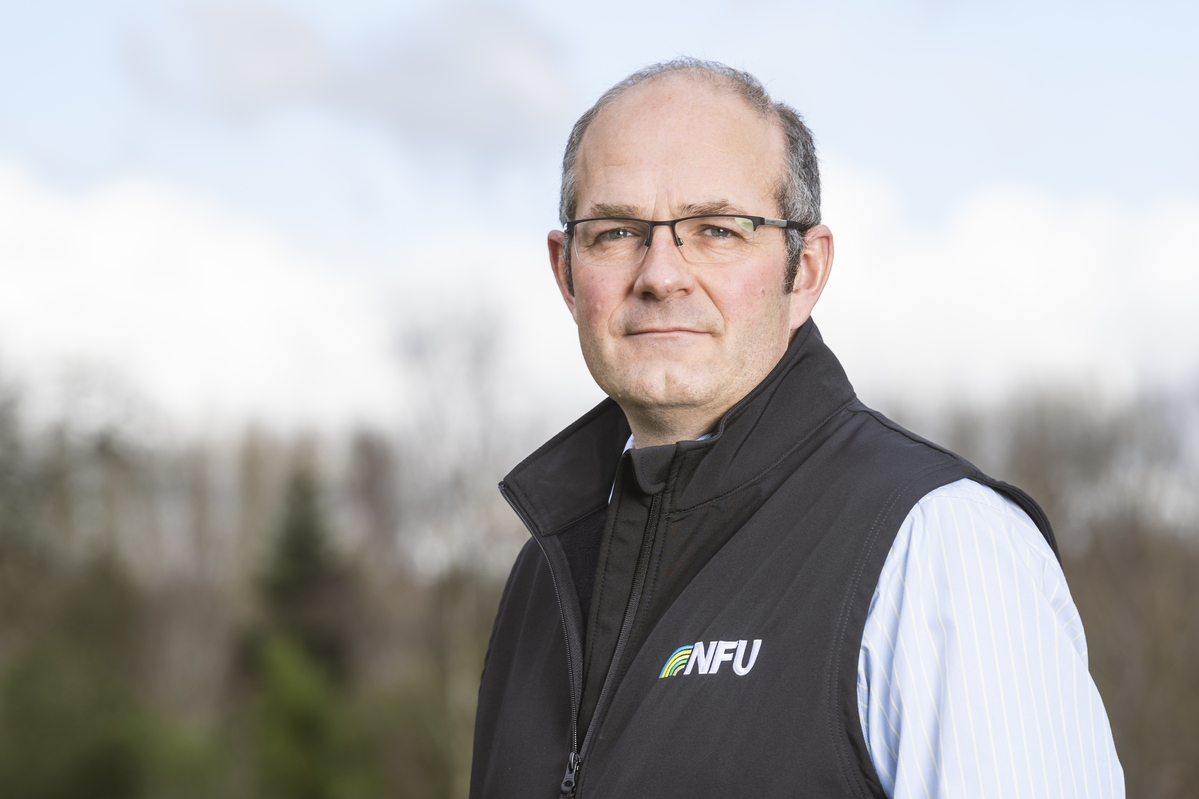Responding to the Chancellor’s Spring Budget, NFU President Tom Bradshaw said: “Where some of the headline announcements, such as an extension to agricultural property relief (APR) and a reduction of National Insurance for the self-employed, could offer some benefits to agricultural businesses, the Chancellor has missed an opportunity to deliver resilience for food producers.
“We welcome the government backing the NFU’s call for the extension of APR to land in Environmental Land Management (ELM) schemes as it will remove a barrier of entry for a number of farm businesses and give farmers more choice about how to use their land. But the extension of this beyond ELMs may have an adverse impact on food production and farm tenancies and we will work with Treasury to assess those implications1.
“Agricultural businesses are facing a challenging economic backdrop, with input costs at persistently high levels and at least a 50% reduction in direct farm payment support due this year. The announcement on the abolition of the Furnished Housing Letting regime is a significant concern as it’s an important source of diversification for farm businesses which underpins resilience. We will be looking to engage further with Treasury on this announcement.”
More information
- As well as applying to ELMs it seems that this relief would also be given for other environmental land use and could impact the level of productive farmland being removed from agricultural use. We will therefore be looking closely at any impact assessment.
- It could also incentivise owners to take land out of farm business tenancies and private investors to purchase land to enter into environmental schemes.
